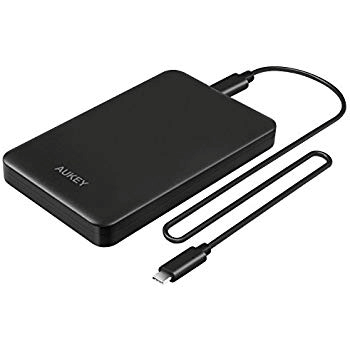External hard drives are a popular choice for those who need to store large amounts of data. They are portable, easy to use, and offer a convenient way to backup important files. However, not all external hard drives are created equal. Understanding the properties of an external hard drive can help you choose the right one for your needs.
Storage Capacity
One of the most important properties of an external hard drive is its storage capacity. This refers to the amount of data that can be stored on the drive. External hard drives come in a range of sizes, from a few gigabytes to several terabytes. When choosing an external hard drive, consider how much data you need to store and how quickly you will need to access it. If you plan on storing large files such as videos or high-resolution images, you will need a drive with a larger storage capacity.
Interface Type
Another important property of an external hard drive is its interface type. This refers to the way the drive connects to your computer. There are several interface types available, including USB, Thunderbolt, and FireWire. USB is the most common interface type and is compatible with most computers. Thunderbolt and FireWire are faster than USB, but may not be compatible with all computers. When choosing an external hard drive, make sure it has an interface type that is compatible with your computer.
Speed
The speed of an external hard drive is another important property to consider. This refers to how quickly data can be read from or written to the drive. The speed of an external hard drive is measured in revolutions per minute (RPM) for traditional hard drives or megabytes per second (MB/s) for solid-state drives (SSD). SSDs are faster than traditional hard drives, but they are also more expensive. When choosing an external hard drive, consider how quickly you will need to access your data and choose a drive with a speed that meets your needs.
Portability
Finally, consider the portability of an external hard drives. If you plan on taking your drive with you on the go, you will want a drive that is small and lightweight. Some external hard drives are designed to be rugged and can withstand drops or other impacts. Others come with built-in encryption to protect your data in case the drive is lost or stolen. When choosing an external hard drives, consider how you will be using it and choose a drive that is designed for your needs.
Conclusion
In conclusion, understanding the properties of an external hard drives can help you choose the right one for your needs. Consider the storage capacity, interface type, speed, and portability when choosing an external hard drive. With the right drive, you can easily backup and store your important files.

